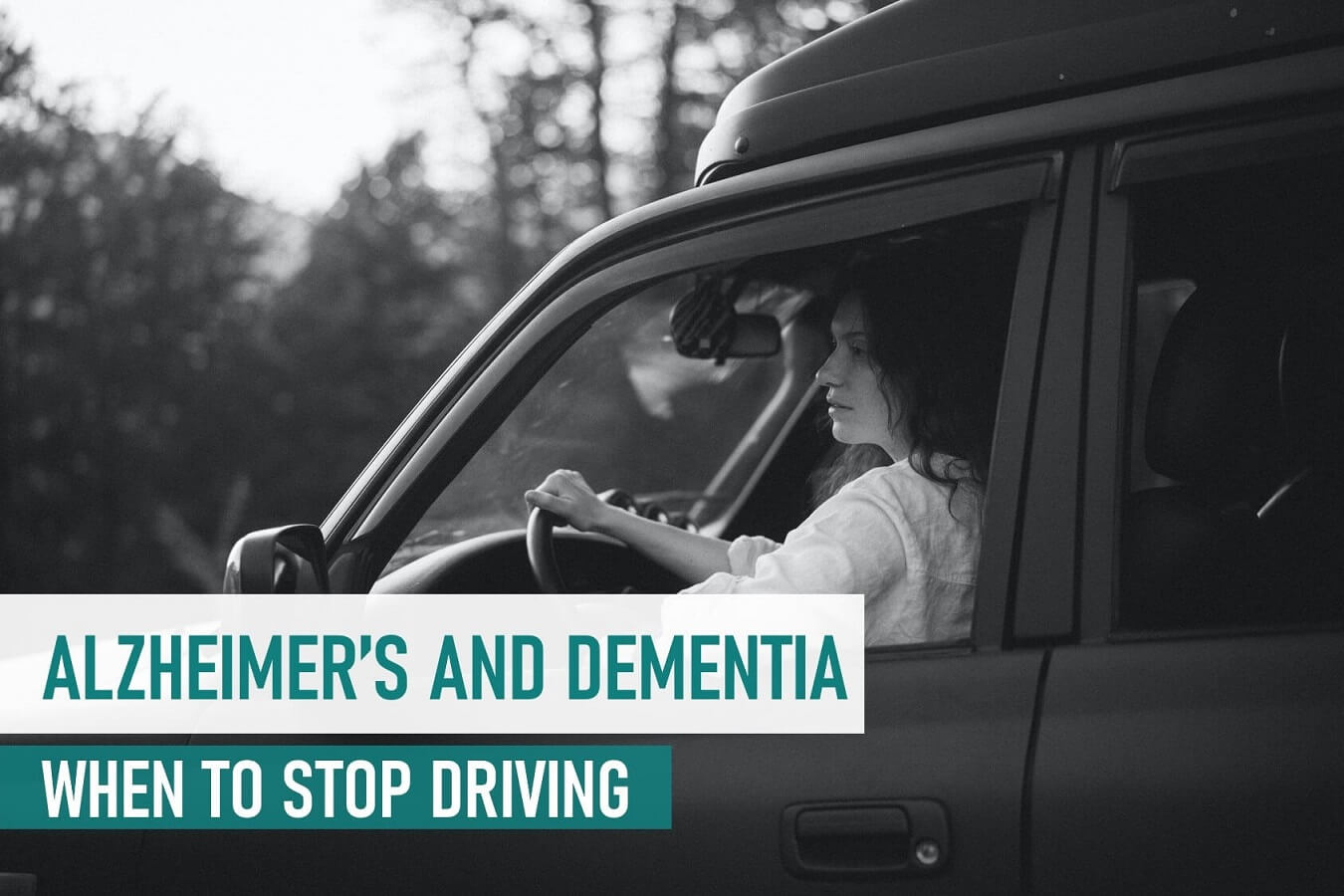Everyone’s driving changes as they age. We know that driving requires ability to react quickly based on various circumstances. Because of this, a person living with Alzheimer’s or other disorders causing dementia will, at some point, be unable to drive.
If you care for someone with dementia, consider these strategies to prioritize safety and ease the transition. This helps when to ask them to stop driving due to safety concerns.
Getting to know with a conversation
A person with dementia may perceive giving up driving as a loss of independence, and deciding not to drive means accepting that one’s abilities are changing. Few things can help to make them take decision such as:
- Begin the conversation as soon as possible and involve the doctor
- Involve the person with dementia in the planning and decision-making
- Talk about the safety of the driver and others
- Appeal to the person’s sense of responsibility
- Be aware of the person’s feelings about this change
Try to look for an alternative to driving. Even with mild dementia, if a person is still driving, gradually begin the transition to other transportation options.
With Alzheimer’s and Dementia – when to stop driving
People with mild dementia are at a much greater risk of driving unsafe, compared with people of same age without dementia. Some may decide to stop driving by themselves due to safety concerns, but some may be reluctant to stop driving, and they may not be aware of a decline in their driving skills.
In such cases, assess the risk yourself with signs and symptoms of dementia. Signs of unsafe driving include:
- Not staying in the lane
- Getting lost even driving to familiar places
- Getting confused between the brake and accelerator
- Poor or slow decision making
- Poor traffic signal observations
- Sudden speeding or slowing down
- Getting angry or confused while driving
Dementia affects everyone differently, but it often disrupts the motor skills and cognitive skills that are necessary for safe driving. While the pace and severity of the disease are unpredictable, a diagnosis is always a good reason to pay closer attention to driving with dementia.
Sources:
Banner: www.pexels.com [Free to use under the Pexels License]







